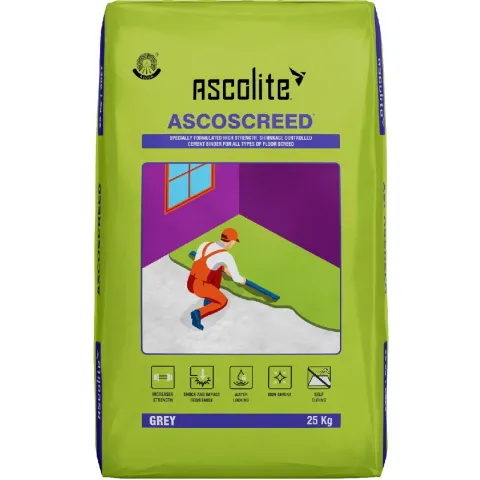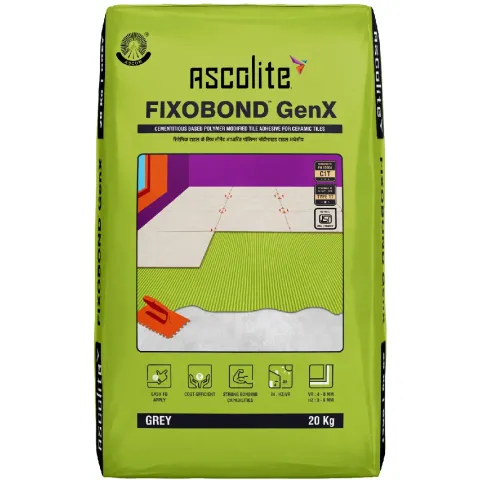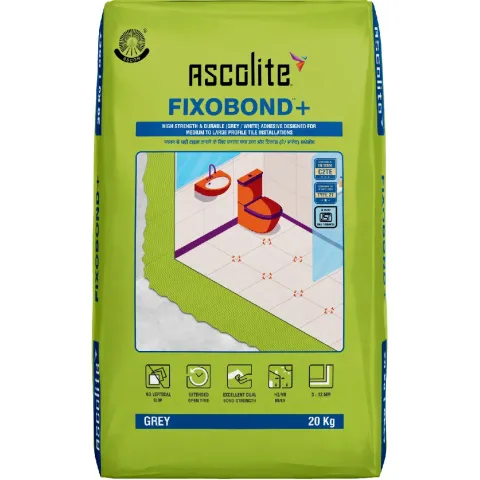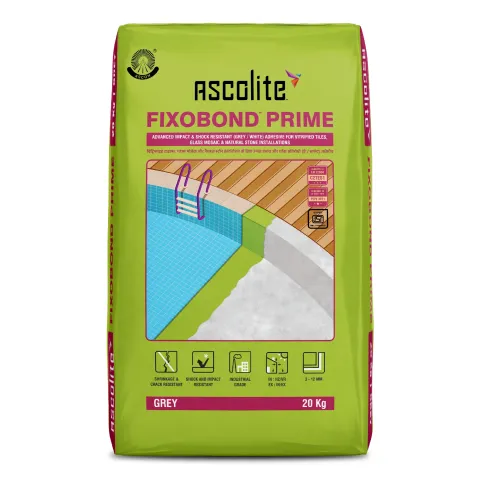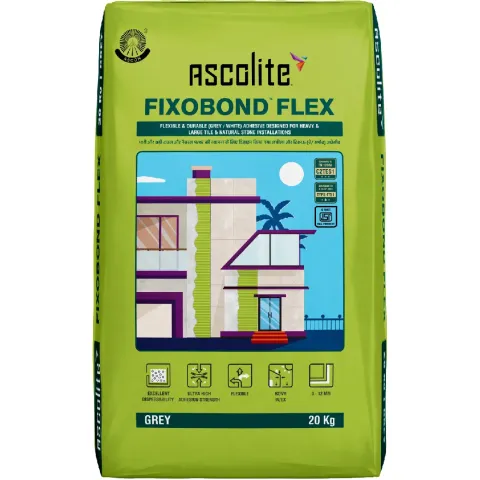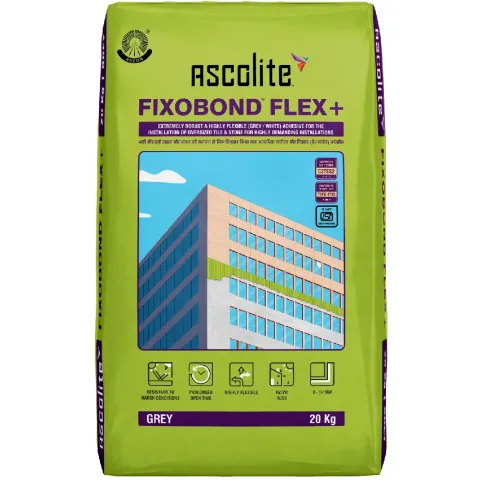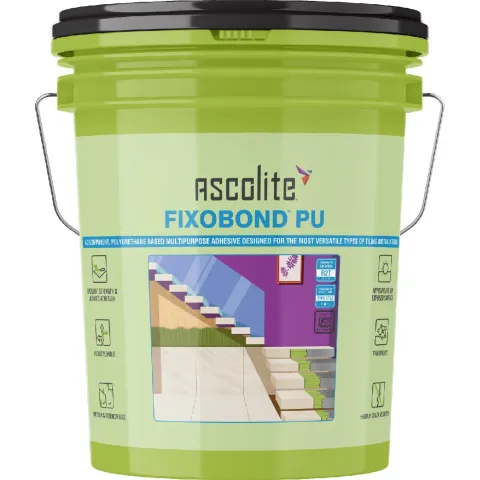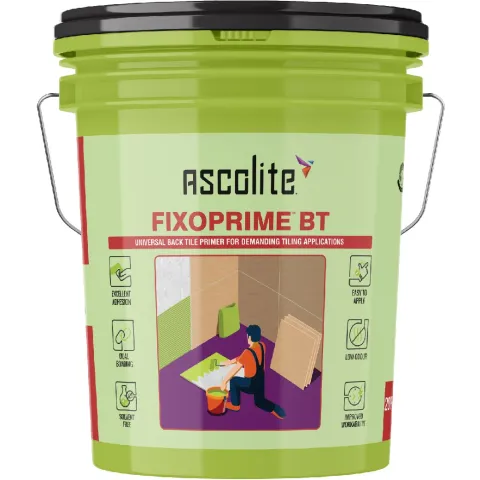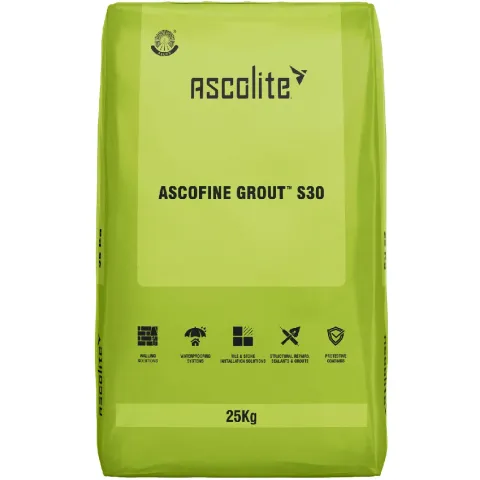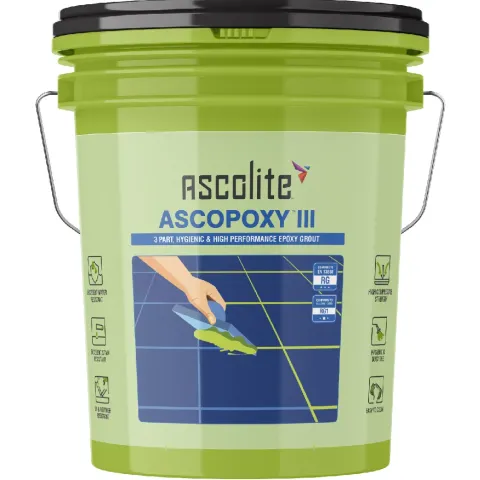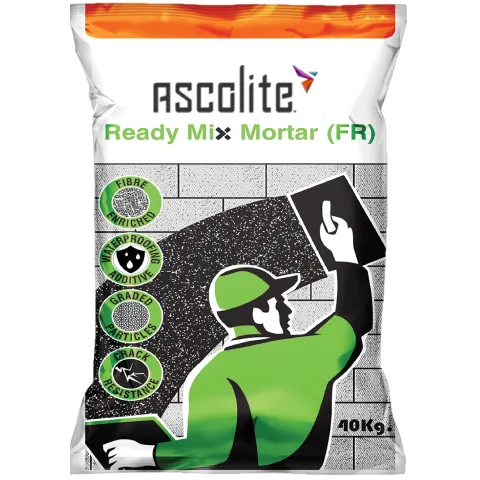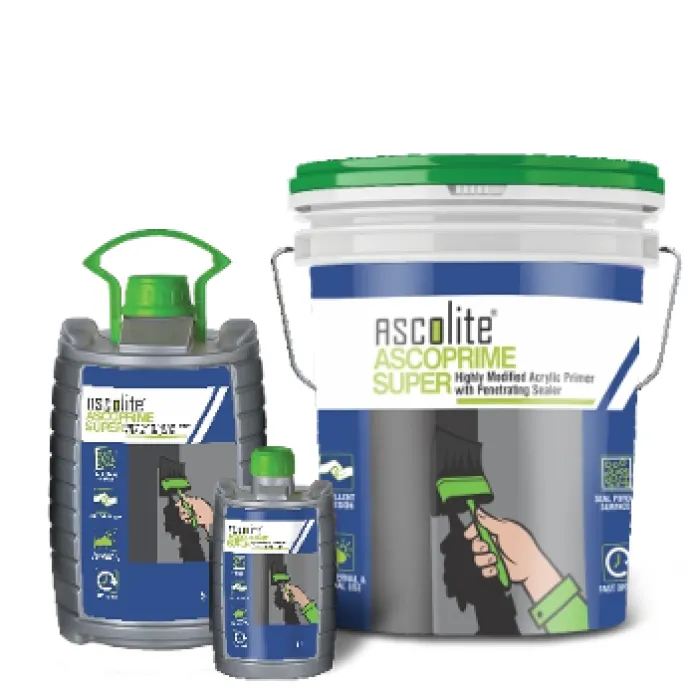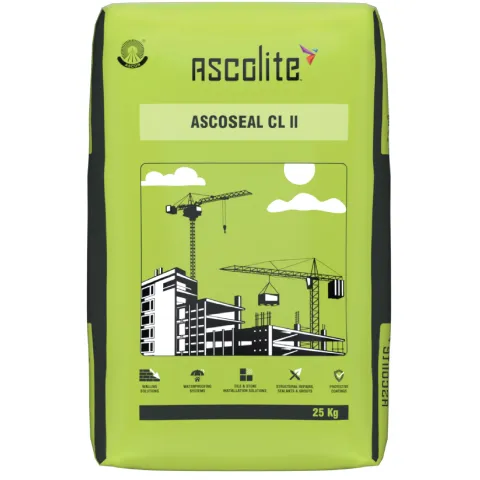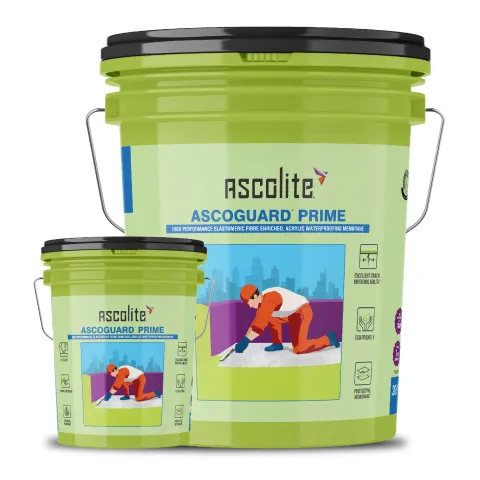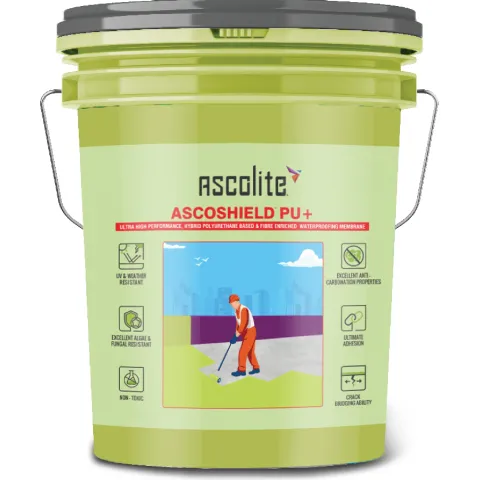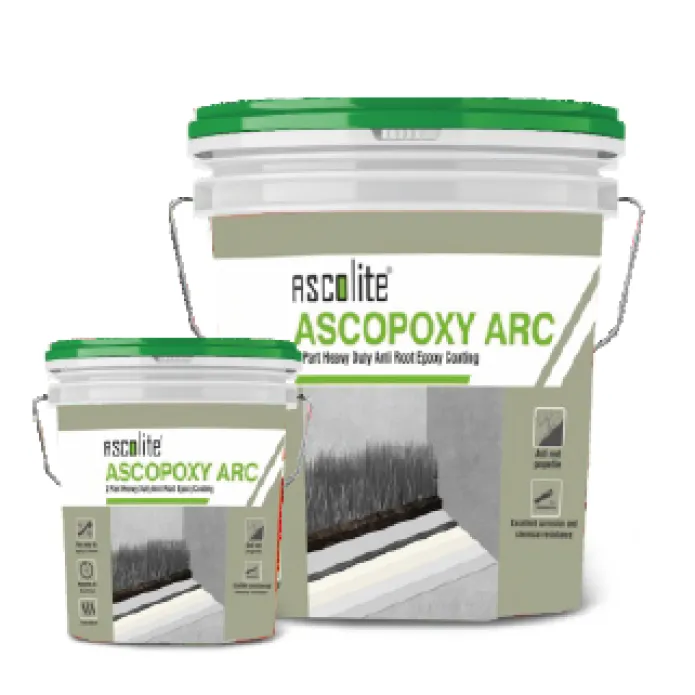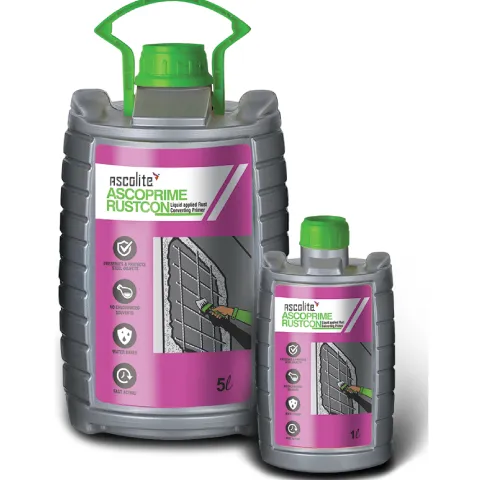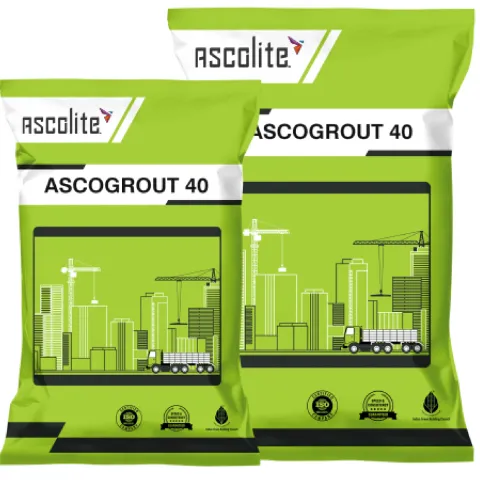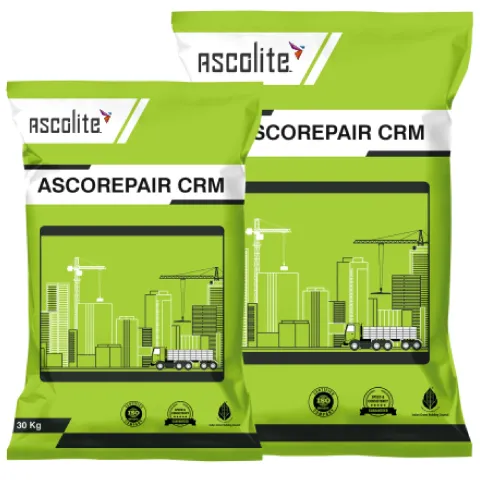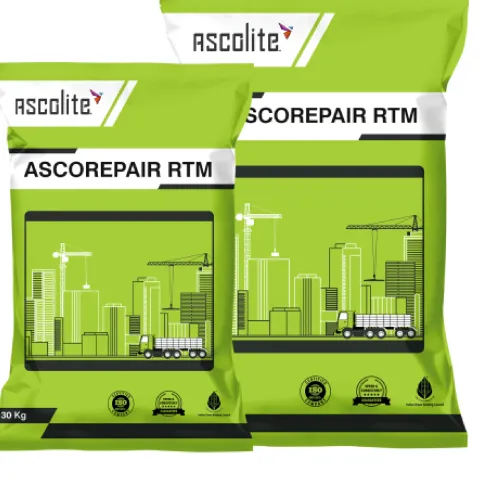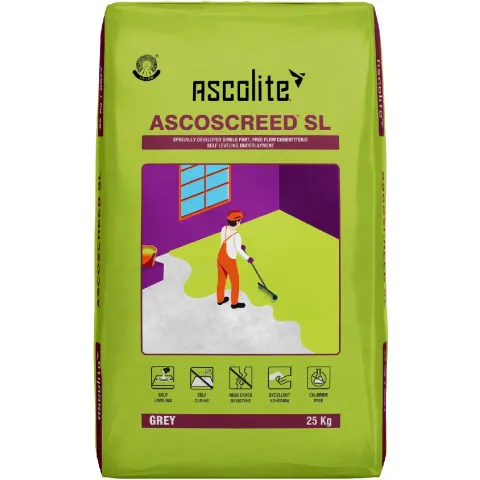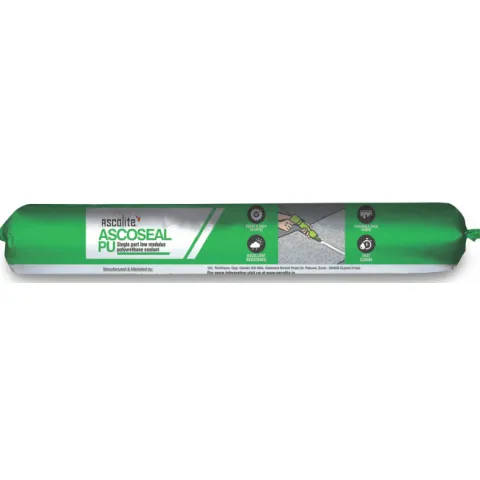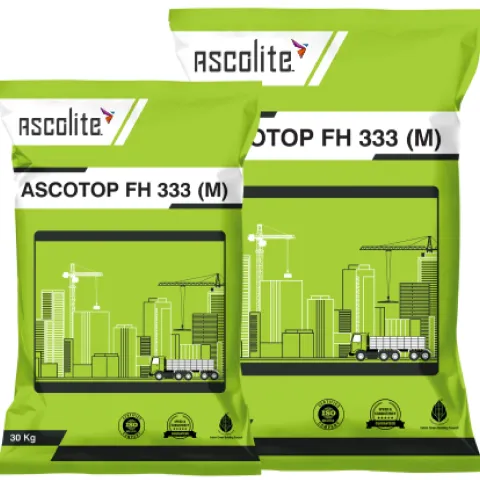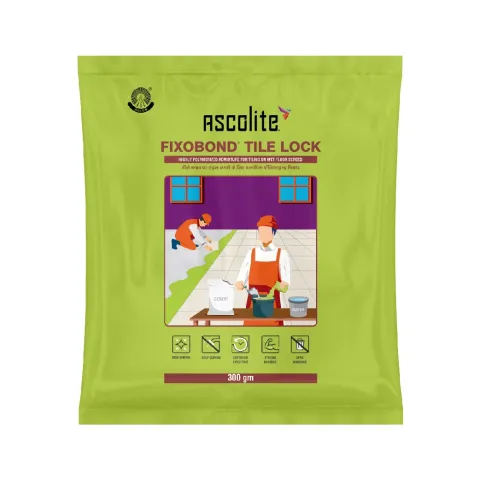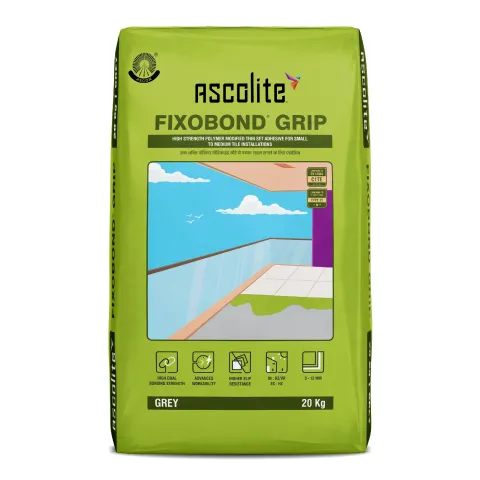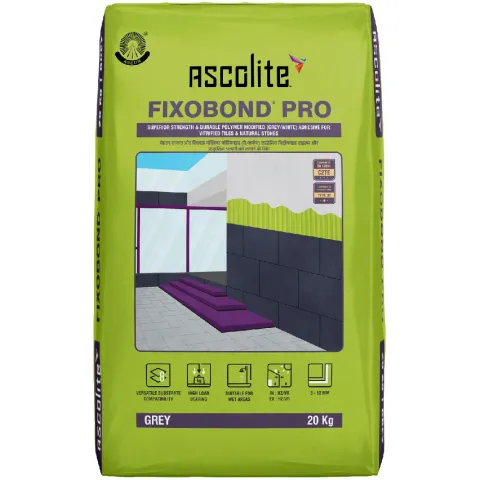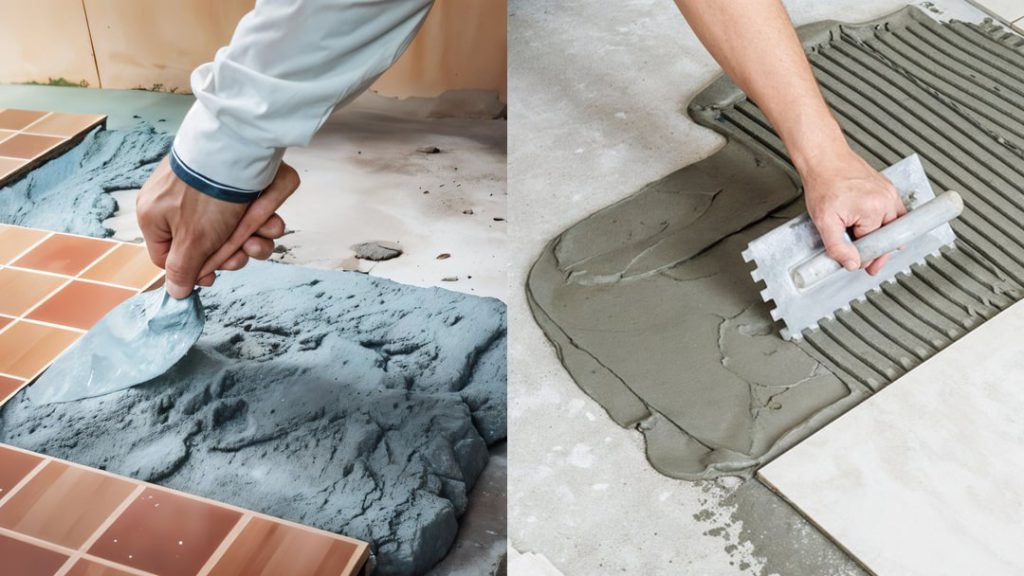
Cement vs Tile Adhesive: Which One Should You Choose for Tiling Projects?
October 28, 2024
When it comes to tiling, the debate between cement vs tile adhesive is common. Both have their own uses, but advancements in construction adhesives have made tile adhesives the preferred choice for professionals. In this article, we’ll explore the key differences between cement and tile adhesive, and why Ascolite Tile Adhesive outperforms others in the market.
Key Differences Between Cement and Tile Adhesive! What’s best for fixing tiles and marble?
- Composition
Cement is a basic binding material composed of limestone, clay, and silica. It’s used in a variety of construction applications like mortar, concrete, and plaster.
Tile adhesives are specialized polymer-based products designed specifically to bond tiles to substrates like concrete, plaster, or wood.
- Application
Cement requires additional preparation, such as mixing with sand and water, making it time-consuming.
Tile adhesive is pre-mixed (in powder or paste form) and ready for easy application. It provides better bond strength.
- Bonding Strength
Cement may result in weak bonding, especially on smooth or non-porous surfaces, leading to tile DE bonding over time.
Tile adhesives offer superior bonding, even for large tiles, vitrified tiles, or ceramic tiles, ensuring durability and a long-lasting finish.
- Flexibility and Crack Resistance
Cement is rigid and prone to cracking over time due to structural movements.
Tile adhesives are highly flexible, absorbing minor movements to prevent cracking.
Tile adhesives offer waterproof properties, making them ideal for bathrooms, kitchens, and swimming pools.
Why Ascolite Tile Adhesive Is the Best Choice
If you’re looking for a Durable & long Lasting tiling solution, Ascolite Tile Adhesive outperforms traditional materials for several reasons:
1. High Polymerization for Strong Bonding
Ascolite Tile Adhesive contains advanced polymer binders, ensuring a superior grip on tiles and various surfaces, including porcelain, vitrified, ceramic tiles, natural stones, and many more laying materials.
2. Versatile Applications
Whether it’s a wet area like a swimming pool or a high-traffic commercial floor, Ascolite Tile Adhesive performs consistently.
3. Ready-to-Use
With Ascolite Tile Adhesive, there is no need for complex mixing or curing processes. It comes in easy-to-use formulations, reducing installation time and labor costs.
4. Crack-Resistant and Waterproof
Thanks to its flexible composition, it withstands structural movements and prevents tile cracks. Its water-resistant properties ensure long-term durability even in wet conditions.
5. Suitable for Large Format Tiles
Ascolite Tile Adhesive provides exceptional support for large format tiles without slippage, ensuring a smooth and even finish.
Conclusion: Cement vs Tile Adhesive – The Clear Winner
While cement may still be used for basic construction, tile adhesive has emerged as the superior option for modern tiling needs. Its ease of application, flexibility, and durability, and make it a clear winner over cement.
When choosing the right tile adhesive, Ascolite Tile Adhesive stands out for its advanced formulation, time-saving features, and excellent performance in both residential and commercial projects. If you want tiles that last without cracks or de-bonding, Ascolite Tile Adhesive is your go-to product.
With Ascolite, you can achieve perfect tile installation every time, ensuring that your project not only looks great but also stands the test of time.
